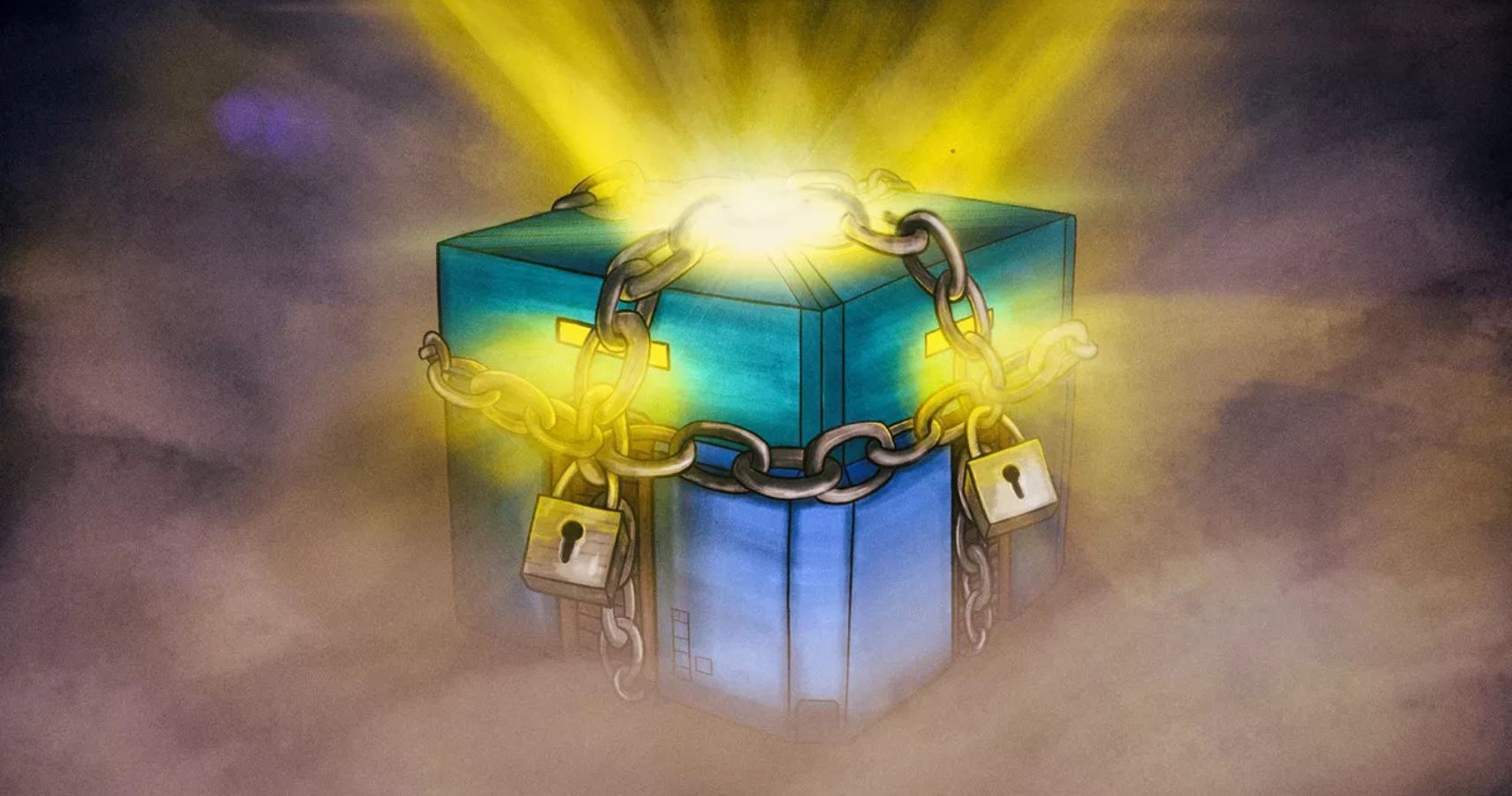The great debate within the halls of regulators, involving gambling characteristics that are attached to in-game loot box purchases, has taken a new turn. A recent European Union report stated that loot boxes should be given some sort of a consumer protection plan, rather than a death sentence for featuring gambling related mechanics.
As The EU Internal Market continues to voice its opinion on the concerning similarities between online loot boxes and casino gambling, the Consumer Protection committee has offered other ways to combat the issue. An IMCP study has produced encouraging alternatives to protect gamers from the addictive qualities related to the purchasing of loot boxes. These suggestions highlighted the inclusion of multiple protection points for consumers to pass through during various points of the transaction.
This implies that publishers would be required to state the risks involved with consumer purchases, as well as disclosing the probability of items that loot boxes would contain. It was also suggested that publishers could include tailored refund policies, however experts raised concerns over the efficiency and longevity of this approach.
Parental control was another big talking point, where the committee pondered over whether this cautious mentality could stretch into the psyche of adult players. The study also showed that parental control continues to be a sound defense when protecting children. However, unless the guardians are fully aware of the risks involved with these in-game mechanics, then parental guidance may not reach its full potential.
The problem lies in gamers’ expenditure of in-game currency or their own, investing in mystery loot boxes that promise a 50% chance of satisfaction for the player. This behavioral quality reflects the same psychology behind casino gambling, and has become a growing concern for adults and children within the gaming community. Controversy arose around the MyTeam trailer for NBA 2K20, that centered solely around casino-like minigames for players to win loot boxes, that the industry pegged as a red flag.
EA, Valve, and Blizzard have already made in-game currency unavailable to comply with the gambling national law, and games like Fortnite and Rocket Leaguehave simply removed the randomized loot crate mechanic. PEGI has also implemented an in-game transaction warning label, and Apple games are now required to show loot box odds before purchase. Some publishers have taken a step in the right direction to create a healthier gaming experience, but some regulators have yet to be satisfied.
Source: gamingindustry.biz

